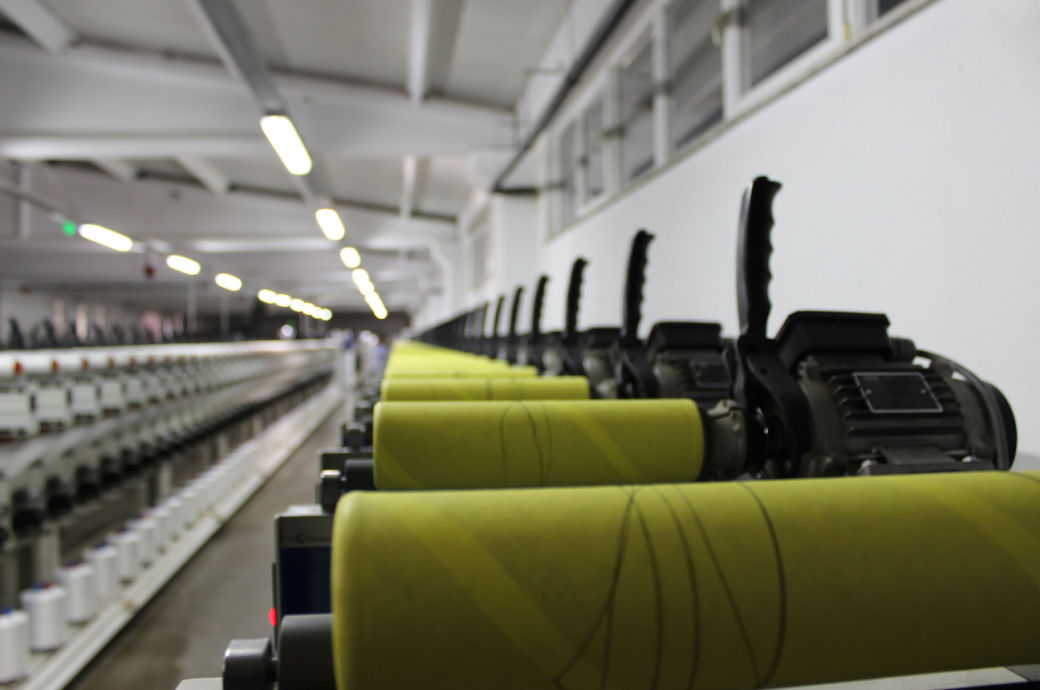

Even after 16 years, the actual achievement of the 56 completed and ongoing parks was 30 per cent in terms of employment generation, 50 per cent in terms of investments and 37 per cent in terms of setting-up of textile units of the targets set in the detailed project reports of the parks.
There were delays ranging from a year to more than 10 years in completion of parks, with the major reasons being delay in obtaining statutory clearances, issues related to land allotment for the parks and weak financial strength of the special purpose vehicles (SPVs).
Further, 43 per cent of the total sanctioned parks were cancelled. The cancellation of large number of parks and inordinate delays in completion of the parks defeated the purpose of the scheme to that extent, the CAG report observed.
Very few of the parks were fully integrated textile parks having benefits of value chain and promotion of industrial clusters that would have led to reduction in production costs. A large number of parks were proposed with only one to two segments of the value chain, the report said.
Without ensuring successful completion of the Parks sanctioned during the 10th Plan period by March 2007, as envisaged in the scheme guidelines, the textiles ministry sanctioned more parks in the 11th and 12th Plan periods, it said.
The scheme has further been extended up to the year 2025-26 for completion of the projects already sanctioned under it.
The ministry considered the parks as ‘completed’ solely on the basis of recommendation of the project management consultant (PMC), without ensuring the veracity of the recommendation through independent physical verification by its own officials, the CAG report commented. Instances of misinformation on the part of PMCs were noticed during audit.
Non-involvement of various state governments at the appropriate stage of the projects had been one of the major reasons of the project failure as various projects suffered due to land issues, power supply, water supply and statutory clearances.
In case of the Surat Super Yarn Park, the ministry allowed to purchase 2x7.5 MW second-hand captive power plant (turbine and boiler and some of the auxiliaries) from China at a cost of ₹42.30 crore. Only one unit of captive power plant was commissioned in 2012, but it became non-operational within a year of its commissioning and subsequently the park was shut down, the report said.
Out of grants of ₹122.61 crore released to 20 cancelled parks, an amount of ₹77.34 crore remained unrecovered from 10 cancelled parks apart from penal interest of ₹117.72 crore. Out of the remaining 10 cancelled parks, where grants had been recovered, penal interest amounting to ₹34.75 crore was not recovered in case of seven parks.
The ministry had to cancel a few projects after release of government grants as the SPV or the project management consultant failed to obtain statutory clearances which were a pre-requisite to commencement of the project.
Out of the sampled 10 completed parks, CAG conducted field visits in nine parks and found that three parks, where grants aggregating to ₹93.60 crore were released and the ministry had considered them to be successfully completed and showed as functional in its records, were found to be closed.
One park was found running with non-textile activities like engineering works, furniture works, seeds processing, etc. Another was found seized by bank.
The textiles ministry treated a few parks as completed without ensuring creation of common infrastructure and facilities, which were initially planned in their detailed project reports, the CAG report said.
The ministry did not take action against the PMCs despite their failure in fulfilment of obligations. The review of progress of the parks by the project approval committee was not an independent exercise but was based on the inputs provided by the PMC or SPV.
The scheme guidelines did not envisage any role of the textile commissioner or regional textile commissioners in monitoring of the parks, the CAG report added.
Fibre2Fashion News Desk (DS)